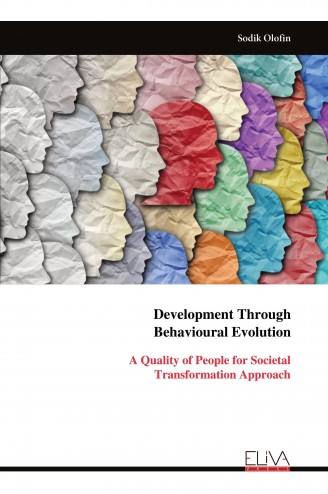Descripción
Why do similarly designed institutions and reform programmes yield starkly different developmental outcomes across countries? This book argues that the missing variable lies not in policy design or resource endowments, but in the behavioural architecture of a society’s people. It introduces the Quality of People for Societal Transformation (QPST) framework, which posits that development is fundamentally contingent upon the ethical, cognitive, civic, and aspirational evolution of people. These four dimensions – ethical integrity, cognitive sophistication, civic disposition, and transformational drive – form the behavioural bedrock upon which effective institutions, inclusive policies, and sustainable development are built. Contrary to prevailing approaches that treat institutions as exogenous or self-sustaining, QPST reconceptualises institutions as artefacts of behavioural evolution, constructed and maintained by the collective quality of people within a society. The framework also advances a theory of functionally convergent ethics, proposing that while moral codes differ across cultures, only those that consistently yield public-regarding outcomes, such as trust, accountability, and rule of law, can support long-term development. Through a five-stage model of societal transformation, QPST captures how societies evolve from foundational survival ethics to advanced stages of civic maturity and innovation. This paradigm offers a new lens for interpreting developmental divergence, explaining why some societies are able to absorb reforms, maintain state legitimacy, and sustain growth, while others stagnate despite similar policy interventions. In doing so, the research calls for a shift in development theory and practice, from institution-first to people-first, placing behavioural evolution at the heart of global development strategy.

